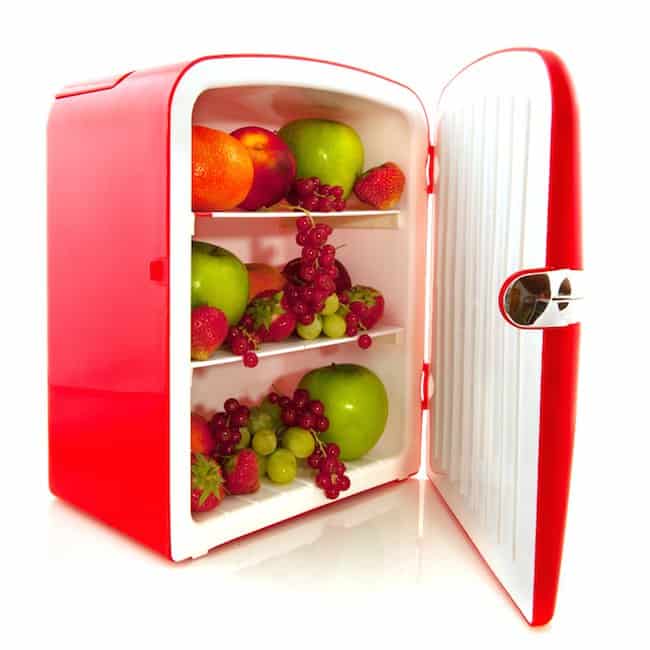
The refrigerator is a great invention that has hugely increased the time we can keep out food without it spoiling. However, whilst it is an essential tool to store food safely for some foods, others do not respond well to lower temperatures and can lose much of their flavor and even spoil quicker when stored in the fridge.
10 foods you should never store in the fridge
Tomatoes
The ripening and taste of tomatoes can be drastically affected when stored in the fridge. A reaction that produces the characteristic tart taste of tomatoes is disrupted in cold temperatures. Ideally tomatoes should be stored at room temperature and can last up to a week in a moderate climate. If you do keep tomatoes in the fridge, try to get them out at least an hour before you want to eat them as this will improve the flavour.
Onions
Onions have a tendency to go soft in the fridge, and are in fact better stored in warm place away from direct sunlight. Another good argument for keeping them away from your fridge is that they have a tendency to make everything in the vicinity taste like onions too, which can be very unpleasant.
Potatoes
A cold environment such as a refrigerator is generally too cold for potatoes and since they have a fairly long shelf life without refrigeration, there is no need to store them in the fridge. Although they may appear to last longer, the cold causes the starches in the potato to be converted to sugar, which means that they end up tasting sweet and can make them look darker too. For best results, potatoes should be stored in a place that is cool, but not as cold as the fridge and dark.
Avocados
Storing avocados in the fridge can prevent them from ripening properly and may also make them turn black and impact on flavour. It is definitely best to store unripe avocadoes at room temperature to allow them the opportunity to become soft and develop the best flavour. Ripe avocadoes can be stored in the fridge to slow down the process of deterioration. If you have cut open a ripe avocado and wish to store it, the fridge wrapped tightly and with the stone still present seems to delay oxidation and browning for as long as possible.
Basil
Putting fresh basil in the fridge will generally cause it to deteriorate to a brown mess fairly rapidly. Basil produces ethylene gas, which is responsible for ripening of fruit, but causes degradation of green leaves, particularly in a confined space. To make basil last longer, store it as you would a bunch of flowers, with stems trimmed and in a vase of water. You can also cover the top with a plastic bag, but loosely so as to allow moisture to remain but ethylene gas to escape.
Garlic
Similarly to onions, garlic can go soft and mouldy in the fridge and has a tendency to contaminate other products with its flavour. Garlic is best stored in a cool place out of direct sunlight in a container that allows it to breathe and in a dry environment to prevent sprouting.
Bananas
Bananas are a tropical fruit, and although we can usually get them at the supermarket all year round, it is important to remember that they are originally a fruit that thrives in a hotter climate. If you keep bananas in the fridge, enzymes that cause them to ripe are inactive, conversely a different set of enzymes which are responsible for browning and cell damage are activated at lower temperatures.
This means bananas quickly go black when stored in the fridge, but are not necessarily ripe and soft. Like onions, bananas also tend to give other produce stored nearby a banana flavour, especially fats such as butter.
Bananas are best stored at room temperature. They should also be separated from other fruits if you do not want them to ripen too fast, as close proximity can cause bananas to ripen faster. See also: Are bananas suitable for a weight loss diet?
Cucumbers
These are commonly stored in the fridge, but it is really not the best place for them. Cucumbers are likely to become injured from the cold after more than three days in cold storage, so there is little point putting them in to extend their shelf life. This cold injury can result in wateriness, pitted and damaged skin and even speed up decay. Store at room temperature and away from other fruit and vegetables for the longest shelf life.
Honey
Although it won’t really affect the shelf life of the product, storing honey in the fridge tends to cause crystallization very quickly, leaving a product with an unpleasant texture. Honey is so high in sugar that it will last for a long time at room temperature and there is really no need to put it in the fridge anyway.
Citrus fruits
Cold temperatures can cause fruits such as lemons, limes and oranges to suffer from chill damage. This disrupts the processes needed for ripening and can often result in dull skin with dark spots and dry tasteless fruit within.
Remember that buying food that is as fresh as possible will mean that it is likely to last longer once you get it home. Try shopping at local farmers markets for produce that has come directly from the field, rather than that of supermarkets which may have already been stored for some time before hitting the shelves.
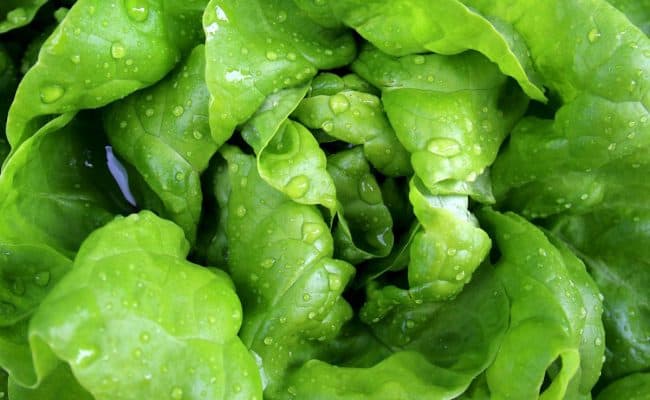
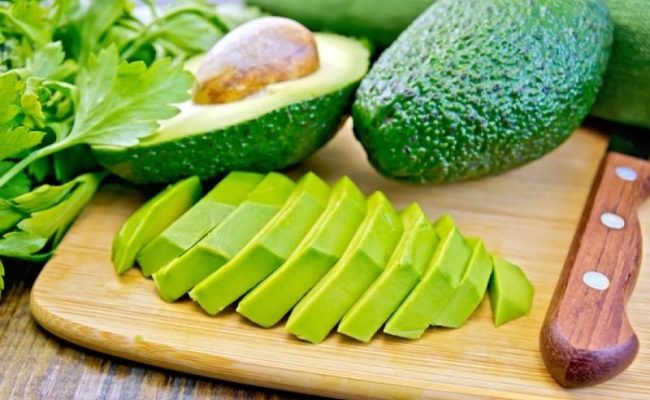
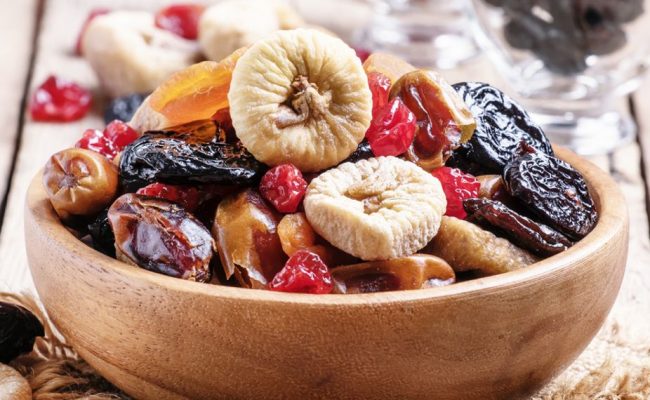


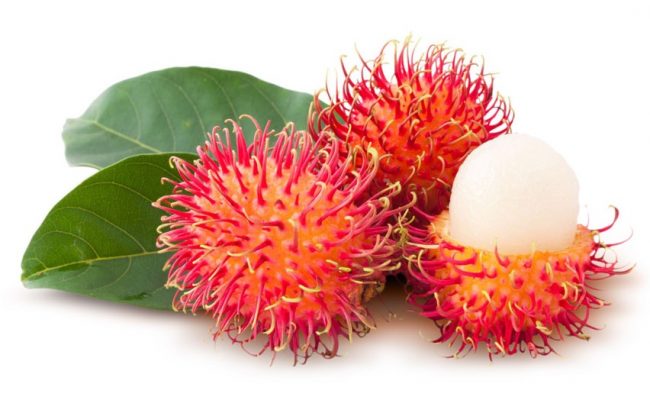
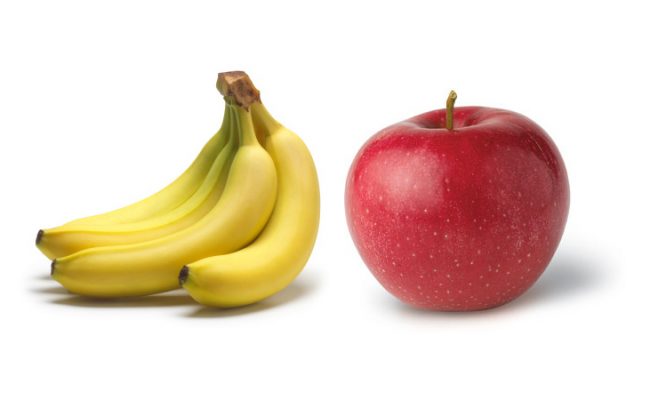
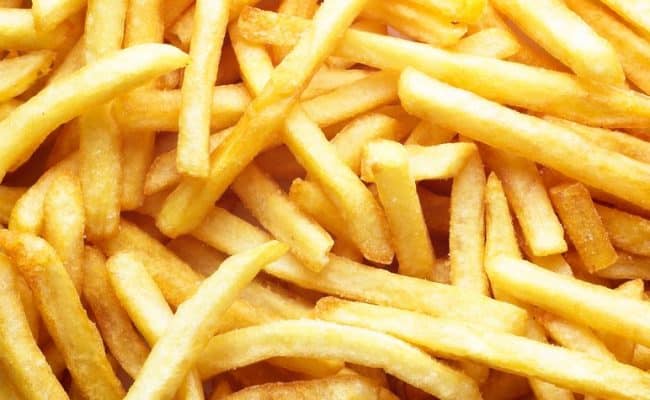
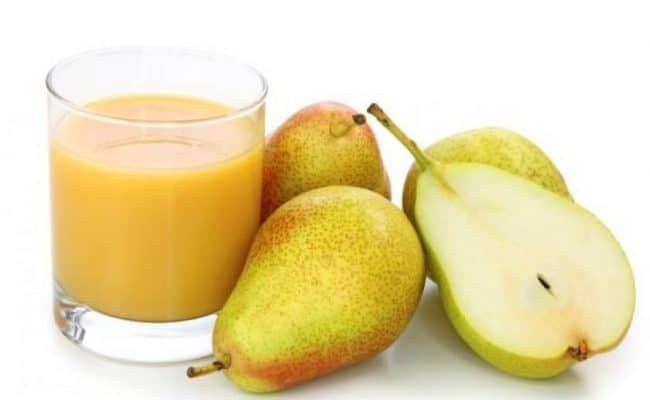


Tammy Josling says
Thank you for the article. Very informative
Nikola says
Great article, well written, thanks! 🙂
linda says
I usually store garlic and uncut onions outside the fridge, but not cucumbers. I will try that. How should I store the onions and cucumbers once they have been cut?
Rony Jahid says
I suggest to store those kind of food in vacuum sealed bag, without freezing this food can be fresh for long time.
Faylinn says
I always put onions and tomatoes in my fridge, but I can understand how that could make them go softer and affect the taste. I also tend to put my avocados in the fridge when I have leftover halves. However, I do notice that they don’t last too long when I do that and so I might try doing your stone trick in the future. What about having a stone in an avocado makes it last longer in the fridge?
Terry says
I have found that if they’re bought just ripe, nice and yellow then stored
in the salad drawer of the fridge they will keep very well. The skin may go brown-ish but the inside stays perfect.